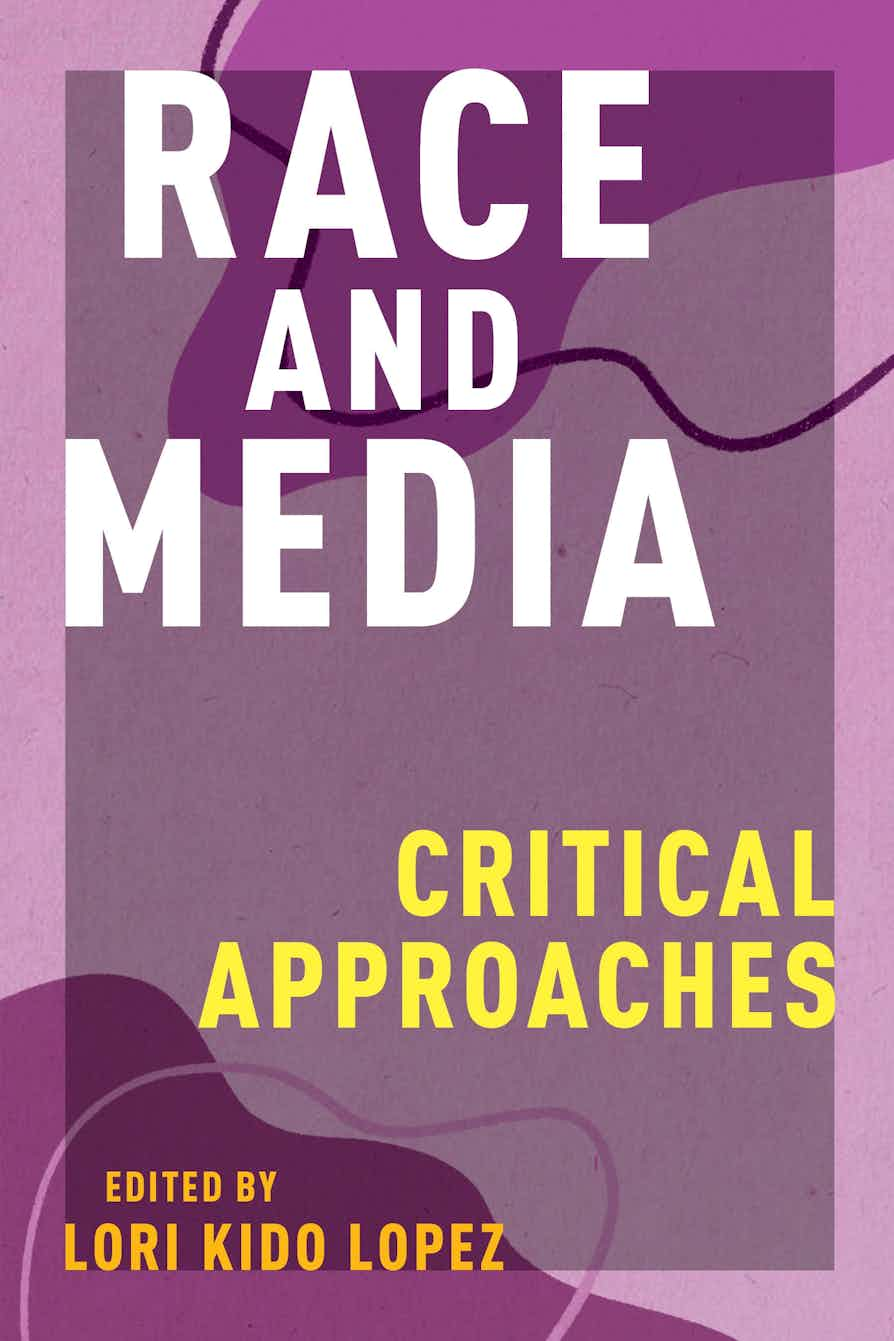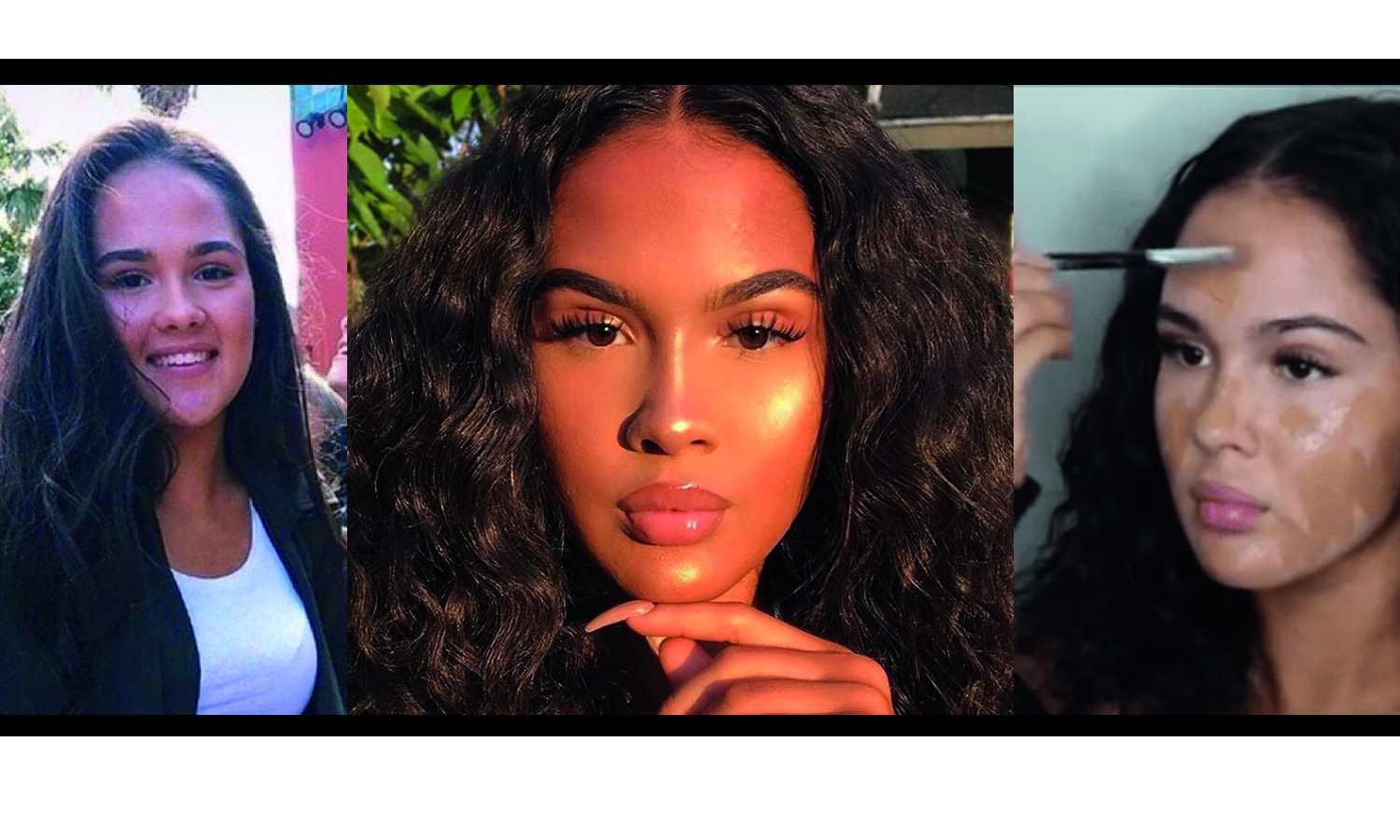Race and Media: Critical ApproachesPosted in Anthologies, Books, Communications/Media Studies, Literary/Artistic Criticism, Media Archive, United States on 2021-01-21 15:50Z by Steven |
Race and Media: Critical Approaches
New York University Press
December 2020
320 pages
6.00 x 9.00 in
11 b/w illustrations
Hardcover ISBN: 9781479895779
Paperback ISBN: 9781479889310
Edited by:
Lori Kido Lopez, Associate Professor in Media and Cultural Studies
University of Wisconsin, Madison
A foundational collection of essays that demonstrate how to study race and media
From graphic footage of migrant children in cages to #BlackLivesMatter and #OscarsSoWhite, portrayals and discussions of race dominate the media landscape. Race and Media adopts a wide range of methods to make sense of specific occurrences, from the corporate portrayal of mixed-race identity by 23andMe to the cosmopolitan fetishization of Marie Kondo. As a whole, this collection demonstrates that all forms of media—from the sitcoms we stream to the Twitter feeds we follow—confirm racism and reinforce its ideological frameworks, while simultaneously giving space for new modes of resistance and understanding.
In each chapter, a leading media scholar elucidates a set of foundational concepts in the study of race and media—such as the burden of representation, discourses of racialization, multiculturalism, hybridity, and the visuality of race. In doing so, they offer tools for media literacy that include rigorous analysis of texts, ideologies, institutions and structures, audiences and users, and technologies. The authors then apply these concepts to a wide range of media and the diverse communities that engage with them in order to uncover new theoretical frameworks and methodologies. From advertising and music to film festivals, video games, telenovelas, and social media, these essays engage and employ contemporary dialogues and struggles for social justice by racialized communities to push media forward.
Contributors include: Mary Beltrán, Meshell Sturgis, Ralina L. Joseph, Dolores Inés Casillas, Jennifer Lynn Stoever, Jason Kido Lopez, Peter X Feng, Jacqueline Land, Mari Castañeda, Jun Okada, Amy Villarejo, Aymar Jean Christian, Sarah Florini, Raven Maragh-Lloyd, Sulafa Zidani, Lia Wolock, Meredith D. Clark, Jillian M. Báez, Miranda J. Brady, Kishonna L. Gray, and Susan Noh.




